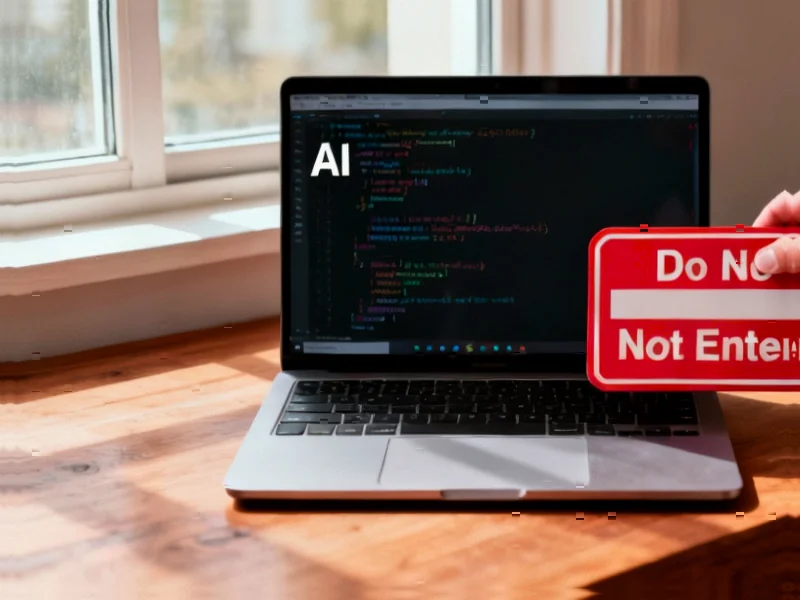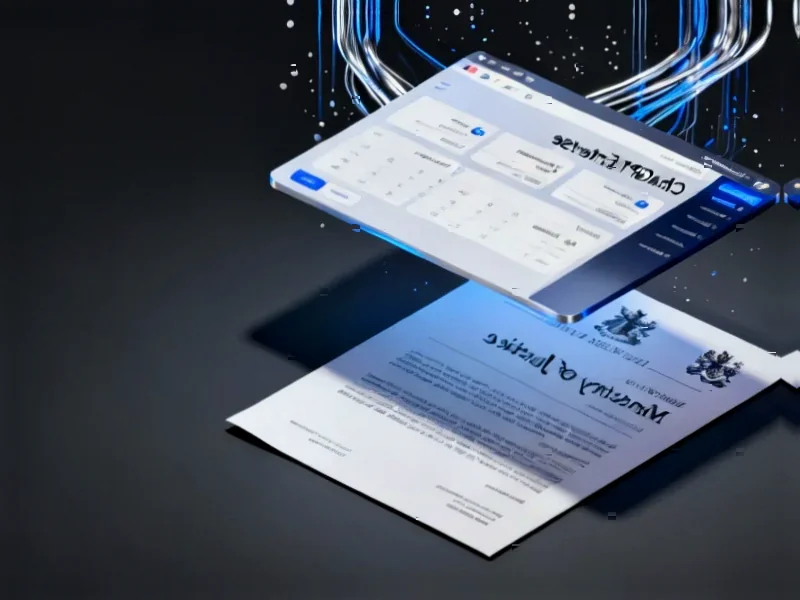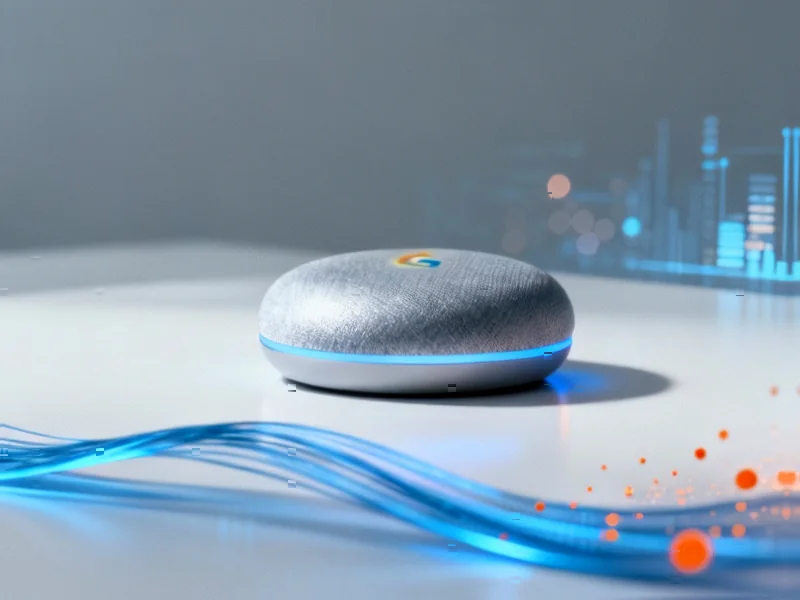A former AWS and Google Cloud executive describes this week’s massive AWS outage as “inevitable” given the scale and complexity of modern cloud systems. DataRobot CEO Debanjan Saha emphasizes that while such disruptions are rare, businesses must implement robust resiliency strategies across multiple regions and providers.
Inevitable Disruption in Cloud Infrastructure
A significant Amazon Web Services outage that impacted millions of users and businesses this week was described as “inevitable” by former AWS vice president and general manager Debanjan Saha, according to his statements to CRN. The DataRobot CEO, who also held executive positions at Google Cloud, stated that given the massive global scale and complexity of distributed cloud systems, it’s actually remarkable that large-scale disruptions occur as infrequently as they do.








